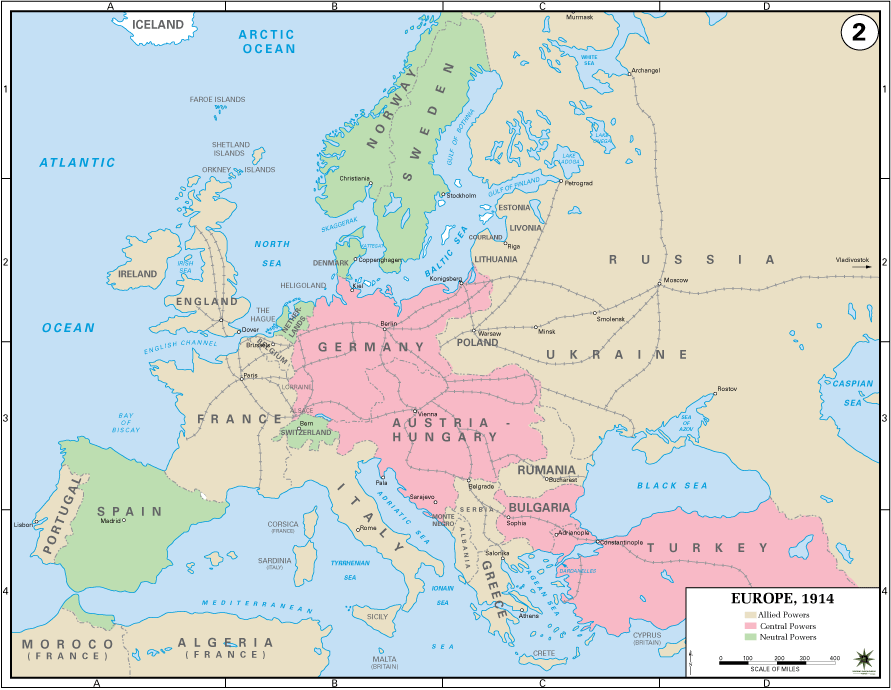John Fredrick Parker
Donor
The month that saw the Treaty of Brest-Litovsk also saw the start of the Spring Offensive, which, though poorly planned, still saw seemingly remarkable success in its early phases. Still, Germany was running against the clock -- not only to achieve success on the Western Front before the Americans fully mobilized, but to bring the war to a favorable (or as favorable as possible) conclusion before starvation and war weariness collapsed German society from within. (To say nothing of their allies.)
So, with no PoDs prior to this month, how well could Germany do after the war? If they can still win, how? If the cannot, what do they need to do in these final months for the defeat to be as soft as possible, and how much better (if at all) can this peace be for them? And, with these questions answered, how would history be different if the war had ended in this alternate way?
So, with no PoDs prior to this month, how well could Germany do after the war? If they can still win, how? If the cannot, what do they need to do in these final months for the defeat to be as soft as possible, and how much better (if at all) can this peace be for them? And, with these questions answered, how would history be different if the war had ended in this alternate way?

